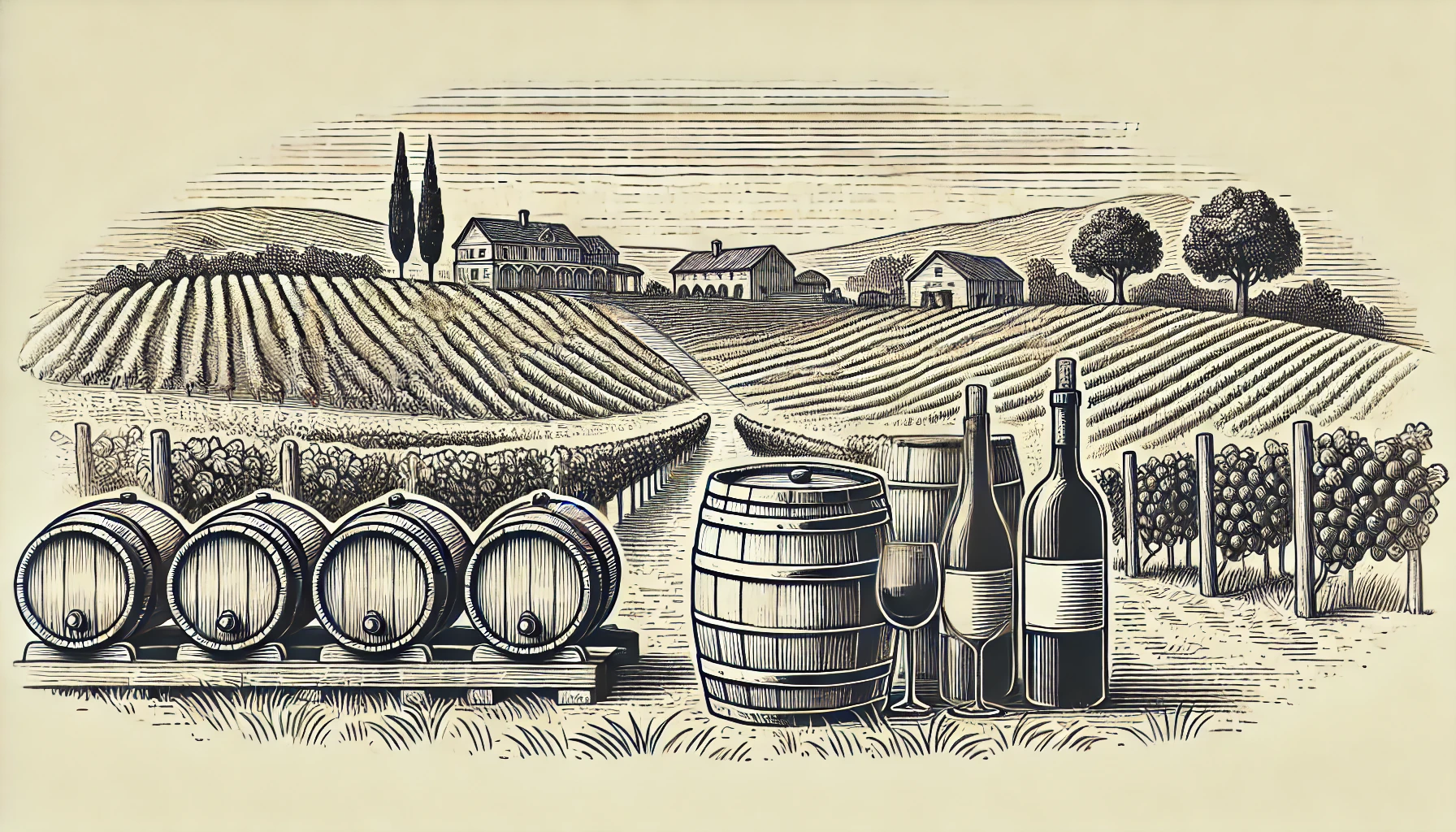
“En Primeur” is a French term that refers to the practice of purchasing wine while it is still in the barrel and before it has been bottled and released for general sale. It is essentially a futures market for wine, allowing buyers—who may be investors, collectors, or retailers—to secure a wine at its initial release price. This system is most famously associated with Bordeaux, although it is also used in other wine regions such as Burgundy, the Rhône Valley, and even Napa Valley.
The en primeur system is typically initiated in the spring following the vintage, with the wines still aging in barrels. Wine critics, journalists, and trade professionals are invited to taste barrel samples of the young wine to assess its potential quality. Based on these early evaluations, wine estates set an en primeur price for the wine, which is generally lower than the price it will command once bottled and released to the market. Buyers then commit to purchasing the wine in advance, usually paying the full amount or a deposit upfront, with the wine being delivered one to two years later once it has been bottled.
En primeur offers several advantages to both buyers and producers. For buyers, it provides the opportunity to purchase sought-after wines at a lower price before they potentially increase in value. For collectors and investors, it is also a way to secure allocations of limited-production wines that may be difficult to find later. On the producer’s side, en primeur allows them to generate revenue well before the wine is ready for sale, which helps fund operations and future production.
Historically Practiced in Bordeaux
While en primeur has historically been most prevalent in Bordeaux, where the system is highly organized and structured, other regions have adopted similar practices. In Burgundy, for instance, en primeur is used but on a smaller scale, often involving allocations to long-standing customers of the domain.
However, this market can be risky. Predicting the future quality and market value of a wine based on barrel samples can be challenging, and not all en primeur wines increase in value over time. External factors such as economic downturns, changing consumer preferences, or less favorable vintages can impact the wine’s resale value. Nonetheless, en primeur remains a key aspect of the fine wine market and an exciting way for wine enthusiasts and investors to engage with top-tier wines before they officially hit the shelves.
Curious about more wine terms and insights? Visit our Wine Wiki section and explore the basic wine terms for expert definitions and tips!